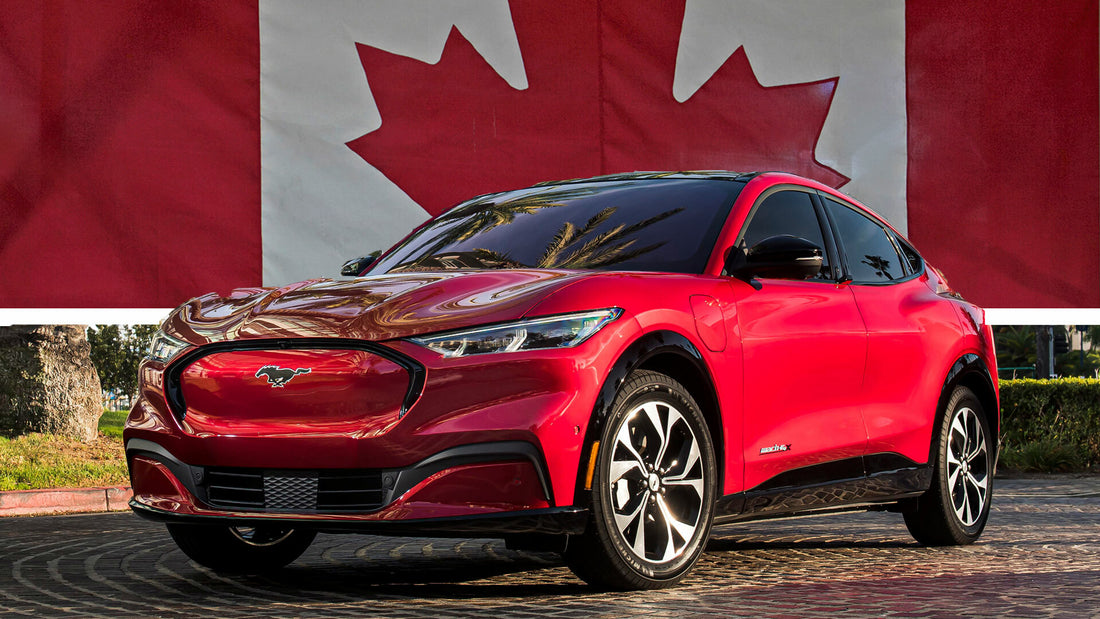On December 19, 2023, Canada unveiled definitive regulations mandating that all new passenger cars, SUVs, crossovers, and light trucks sold by 2035 must be zero-emission vehicles (ZEVs). This initiative forms an integral part of the Canadian government's comprehensive strategy to combat climate change.
Under the newly established regulations, ZEVs are required to constitute a minimum of 20% of all car sales by 2026, escalating to a mandatory 60% by 2030. Notably, these targets signal a proactive stance towards mitigating the environmental impact of transportation, which presently contributes to approximately 22% of Canada's greenhouse gas emissions.
Addressing concerns about the limited availability of electric vehicles (EVs), Environment Minister Steven Guilbeault emphasized during a televised news conference in Toronto that the regulations offer the industry much-needed certainty. Guilbeault stated, "(This) ensures Canadians have access to our fair share of the global supply of these vehicles."
The regulations align closely with those established by California, where 100% of new cars sold in 2035 are mandated to be plug-in hybrid electric vehicles (PHEVs), EVs, or powered by hydrogen fuel cell technology. Seventeen U.S. states have committed to adopting similar regulations.
Industry data indicates that electric vehicles represented 12.1% of new vehicle sales in the third quarter of 2023. However, some industry stakeholders, including the Canadian Vehicle Manufacturers’ Association, assert that the regulations are overly ambitious. Concerns cited include the higher cost of electric vehicles and the perceived incompleteness of the charging network, particularly in rural areas.
The government's charging infrastructure efforts are primarily focused on deploying EV ports in densely populated public areas and multi-family residential buildings. However, experts caution that this approach may not be sufficient to rapidly increase adoption.
In response to challenges posed by the impracticality of electric vehicles in remote and northern regions, where cold conditions can compromise battery efficiency, plug-in hybrid electric vehicles (PHEVs) with an all-electric range of 80 km or more will remain eligible for sale beyond 2035.
Canada, as the world's second-largest country by land mass has a population of only 40 million, faces the complex task of meeting ambitious emissions reduction targets. Prime Minister Justin Trudeau's commitment to combating climate change is evident, but recent critiques from environmental watchdogs suggest challenges in achieving the targeted 40% to 45% reduction in greenhouse gas output below the 2005 level by 2030.
As Canada embarks on this ambitious journey towards a zero-emission future by 2035, stakeholders grapple with the economic and infrastructural implications of these regulatory mandates.
We would love to hear from you in the comments. All feedback welcome.
PS - if you would like to reduce your carbon footprint, check out Weightless Detergent Sheets >>

